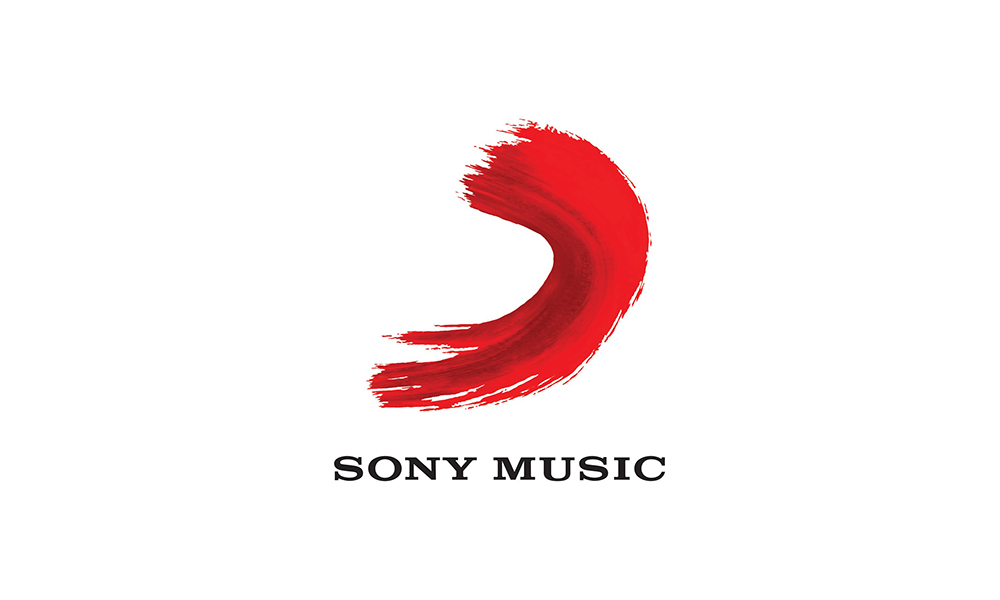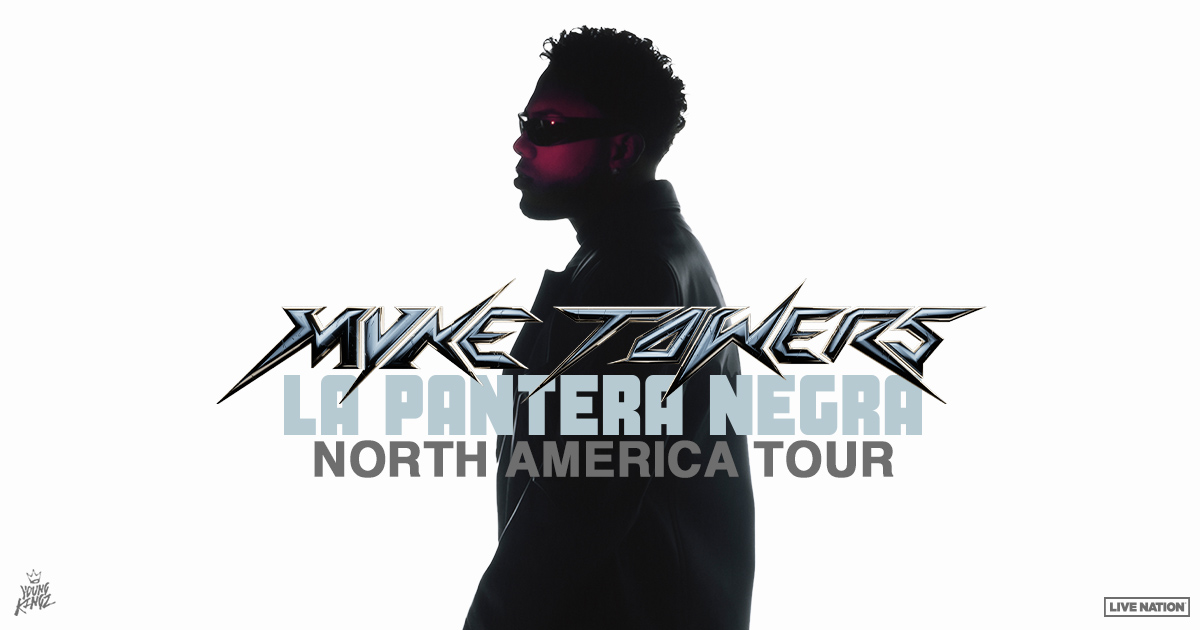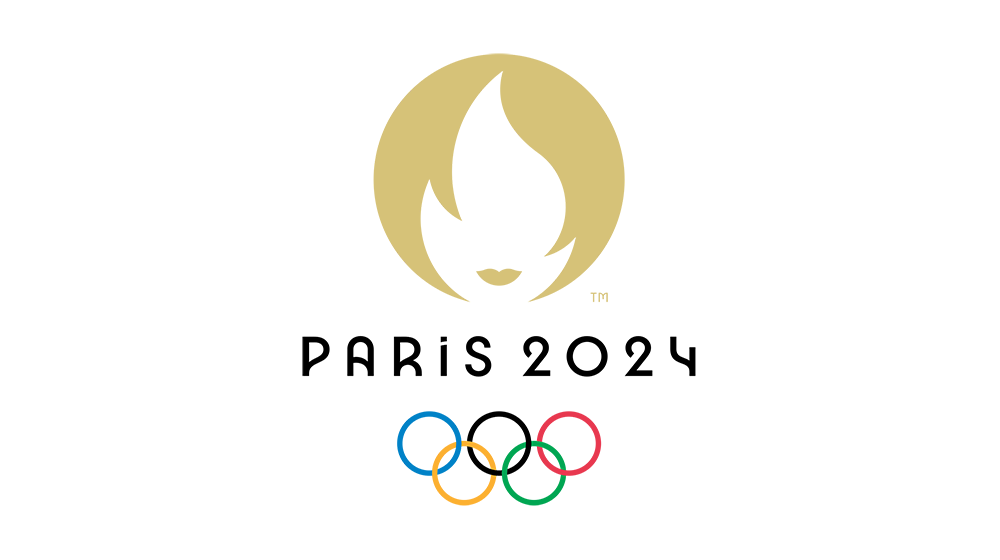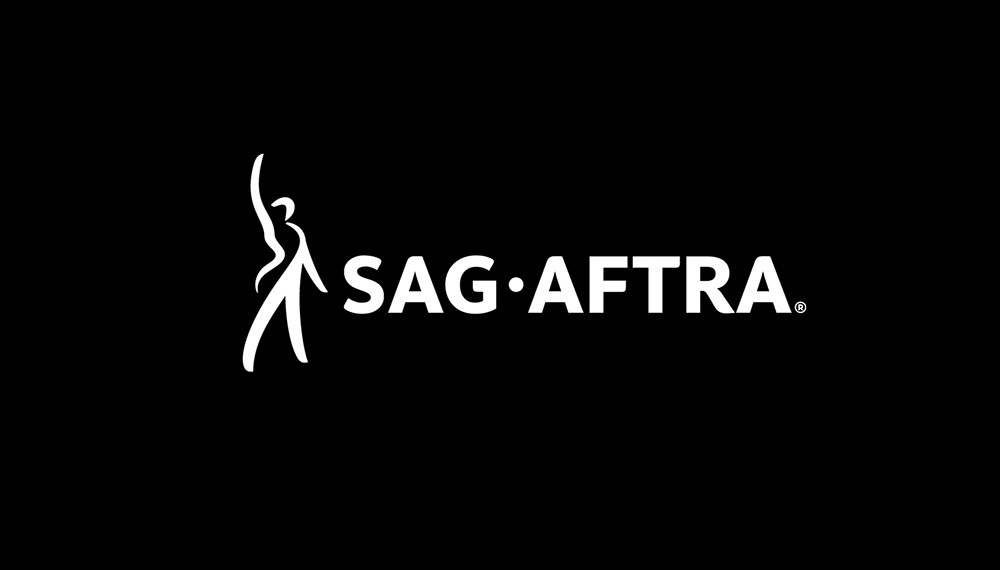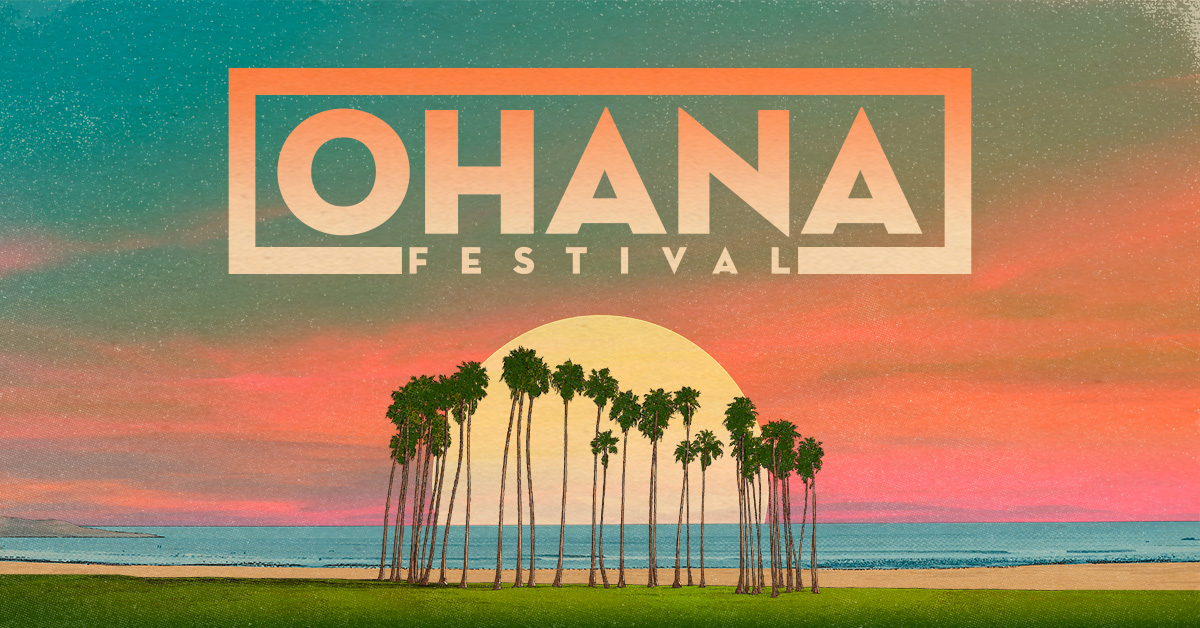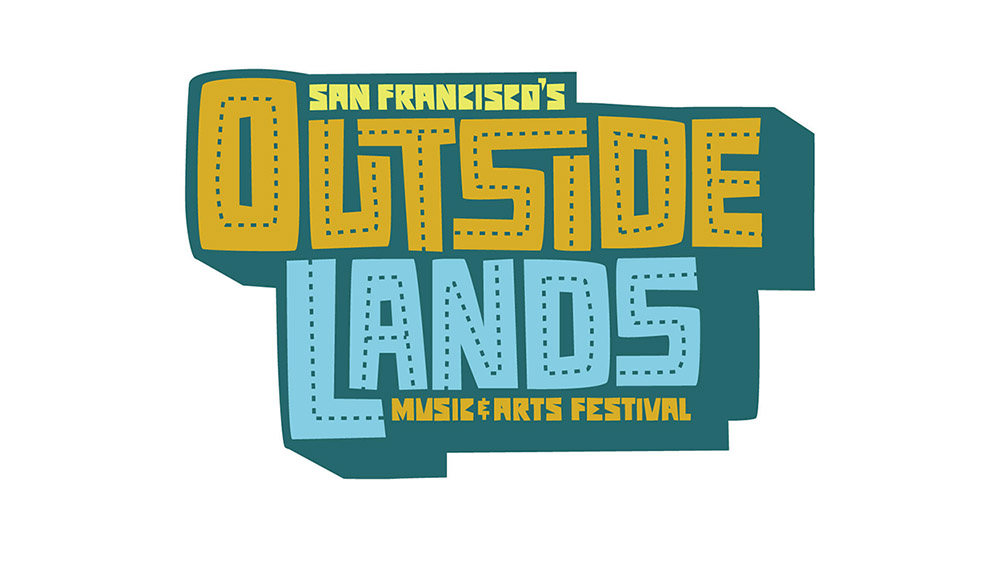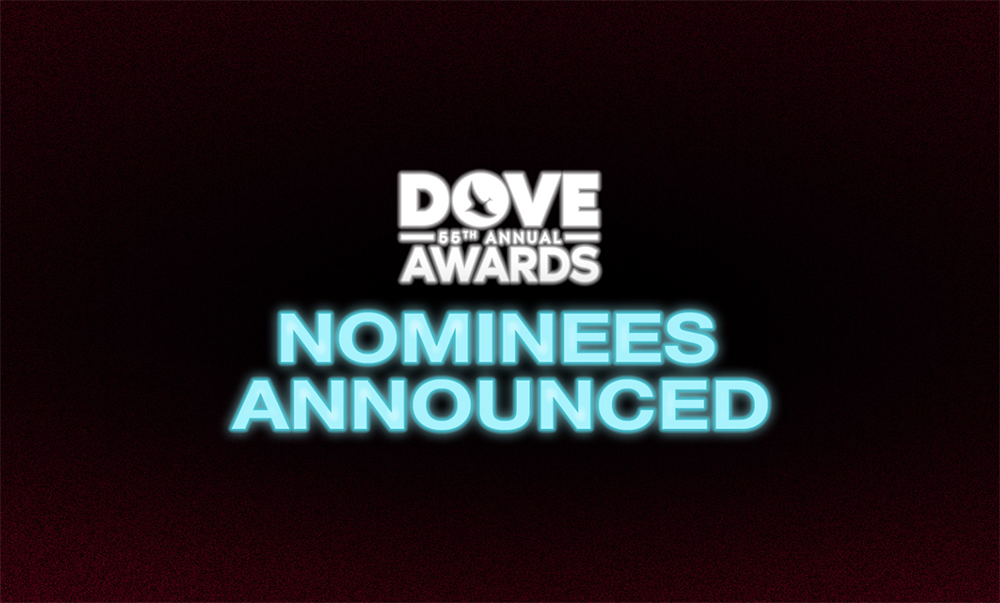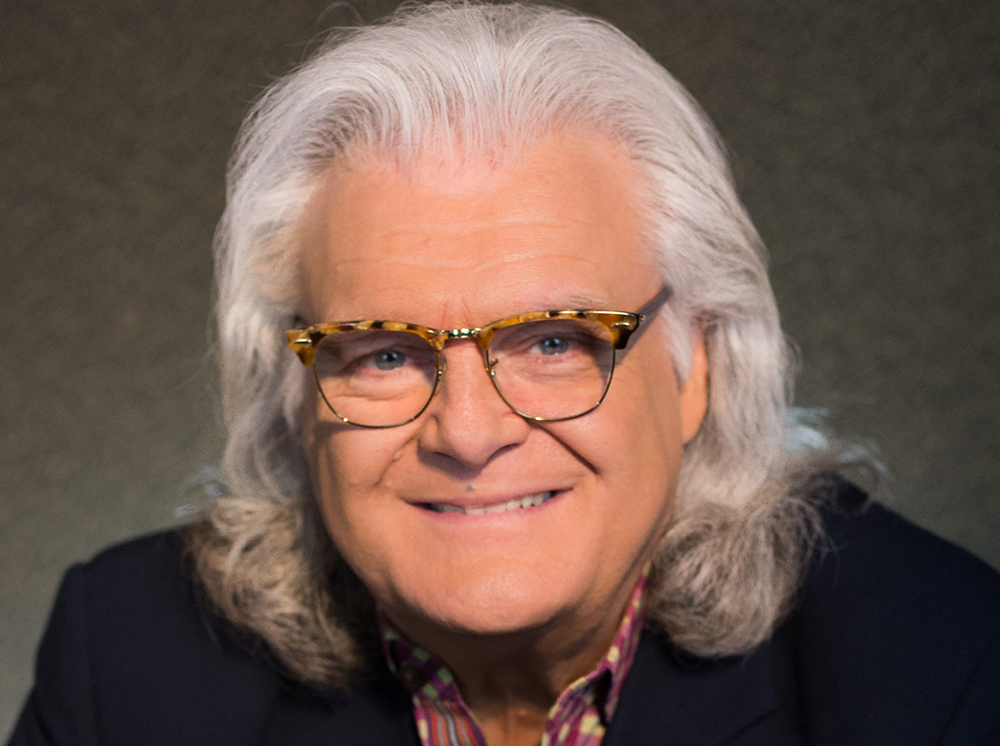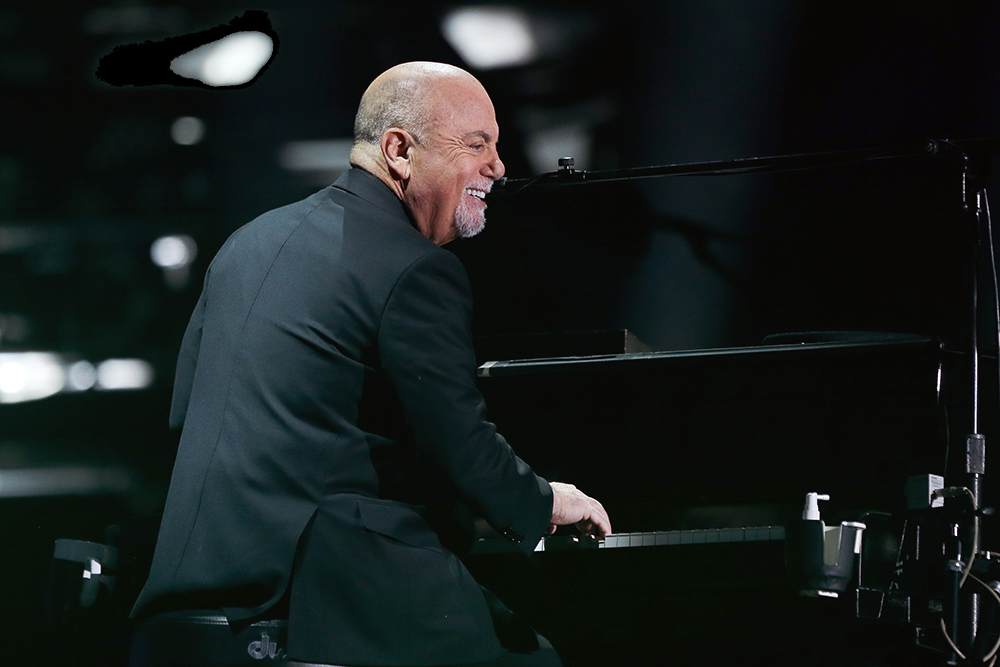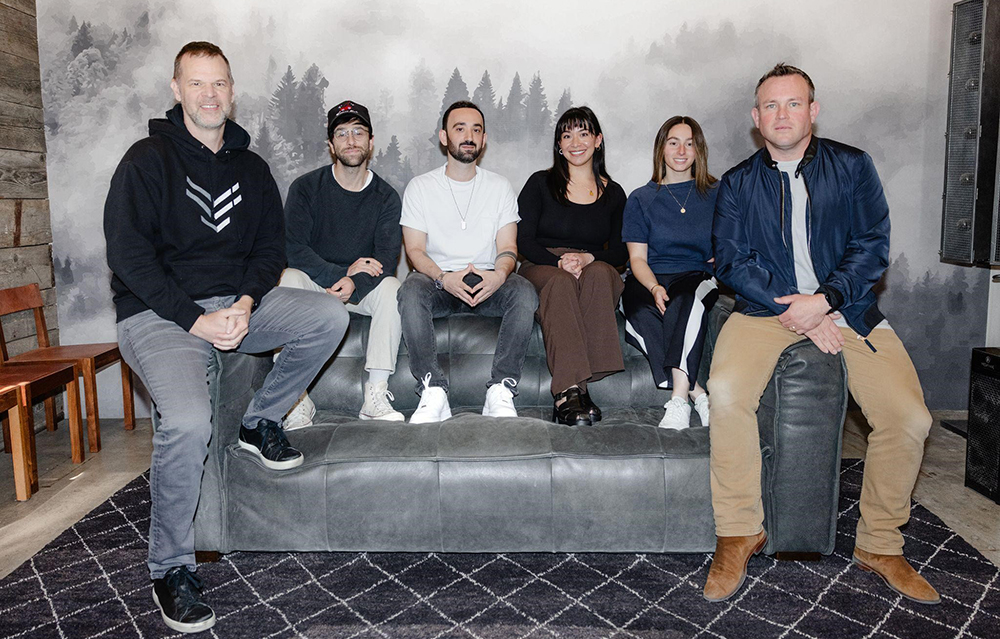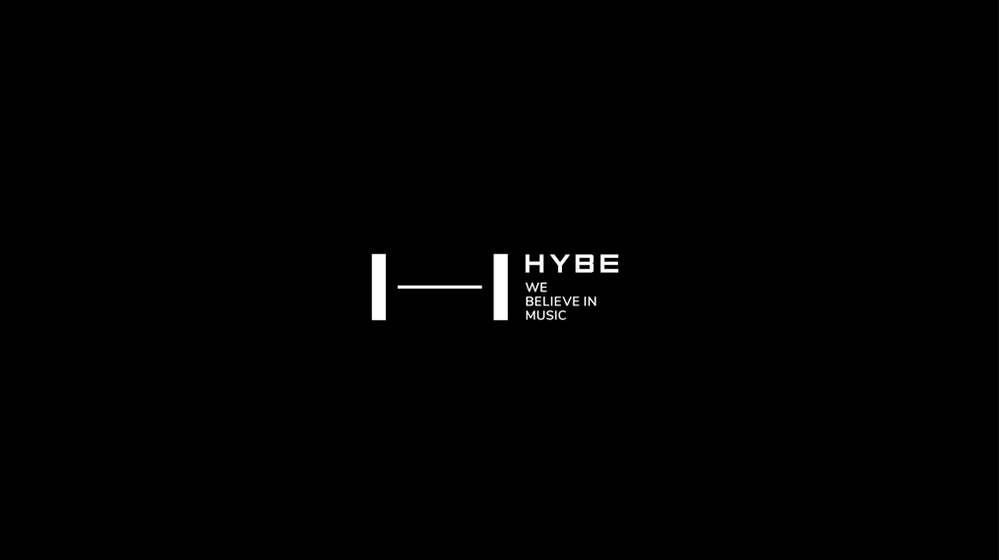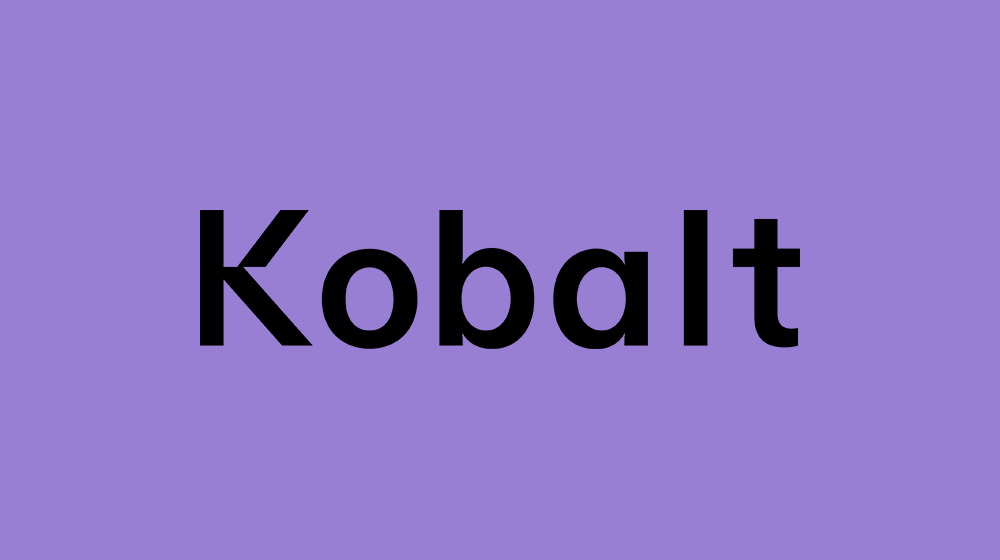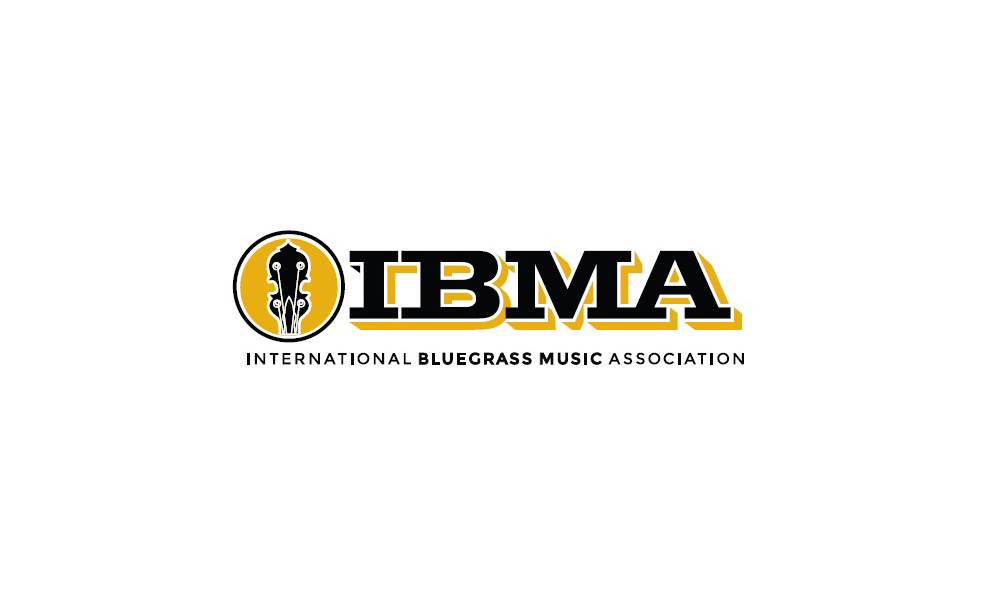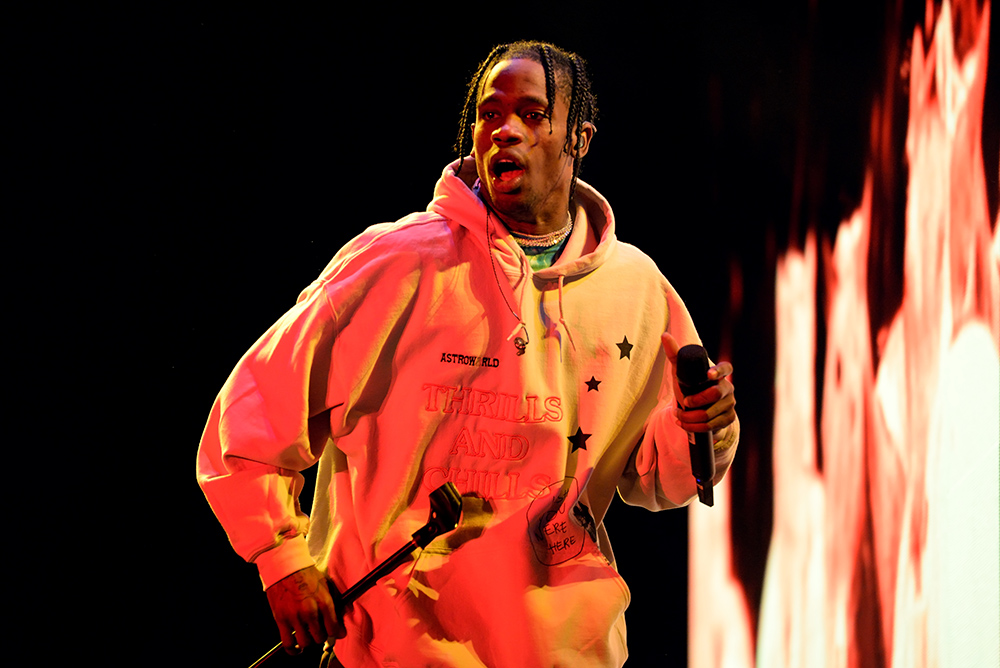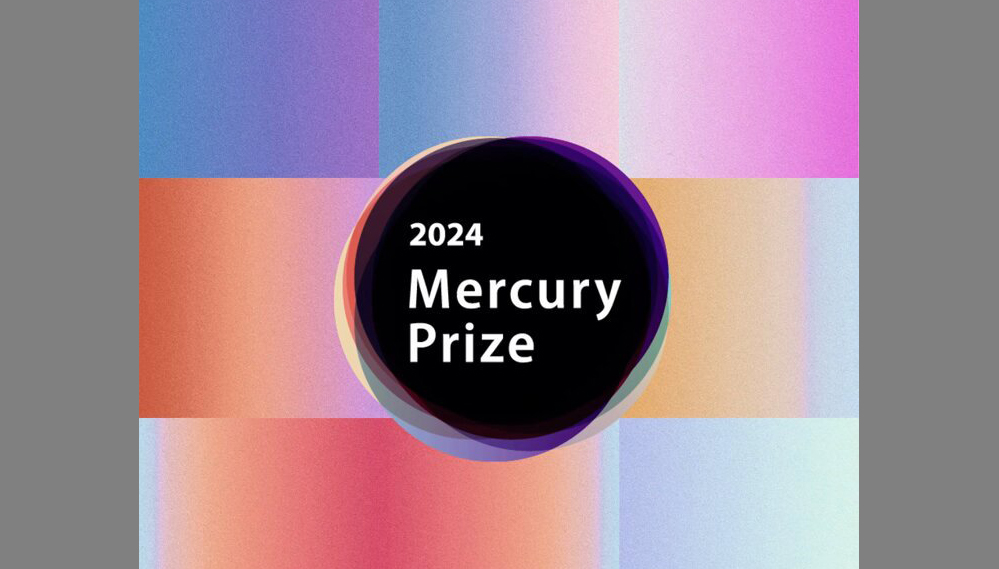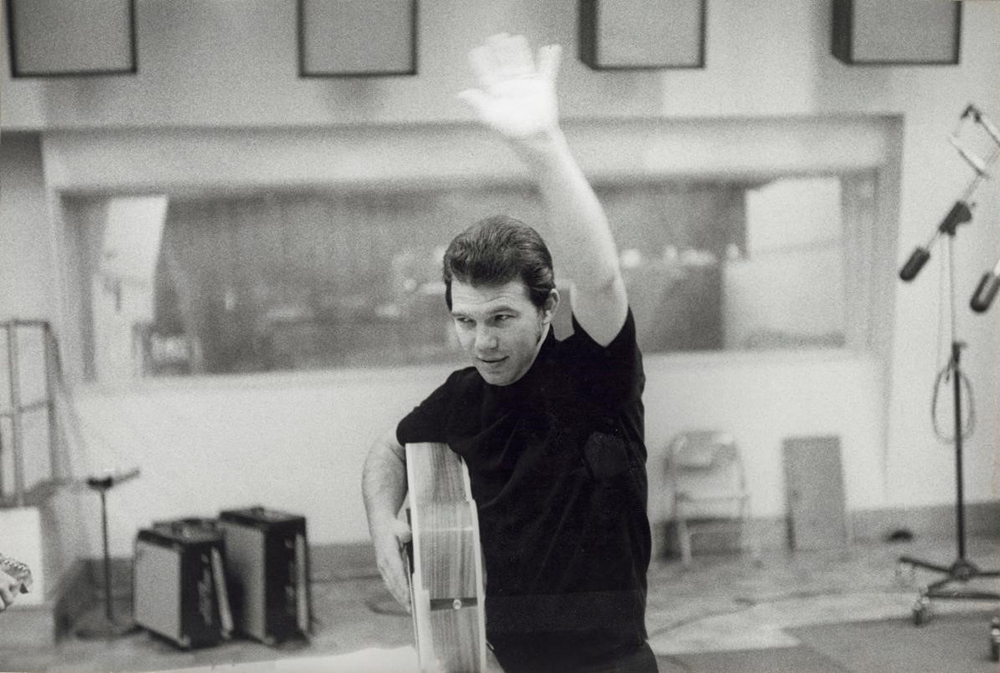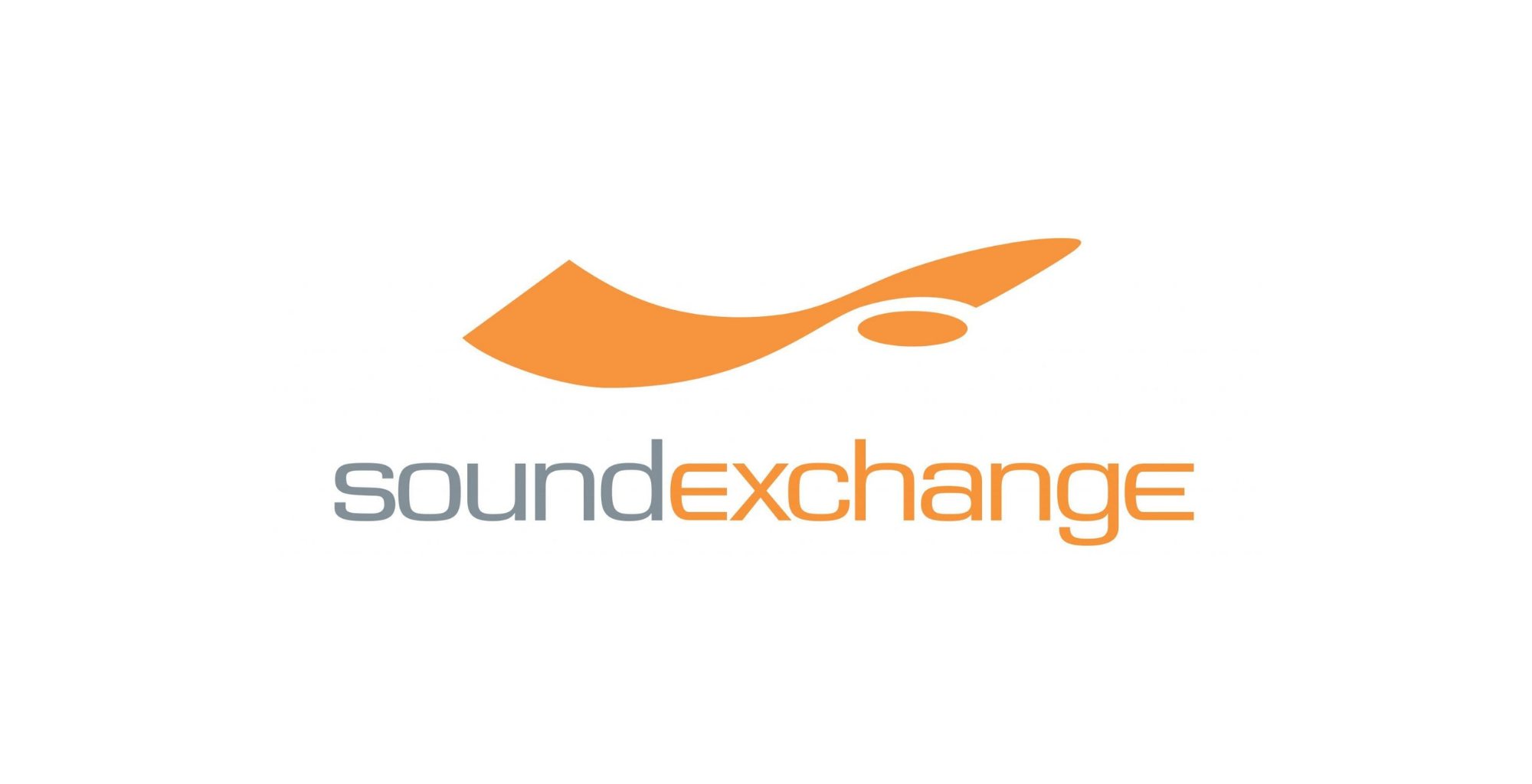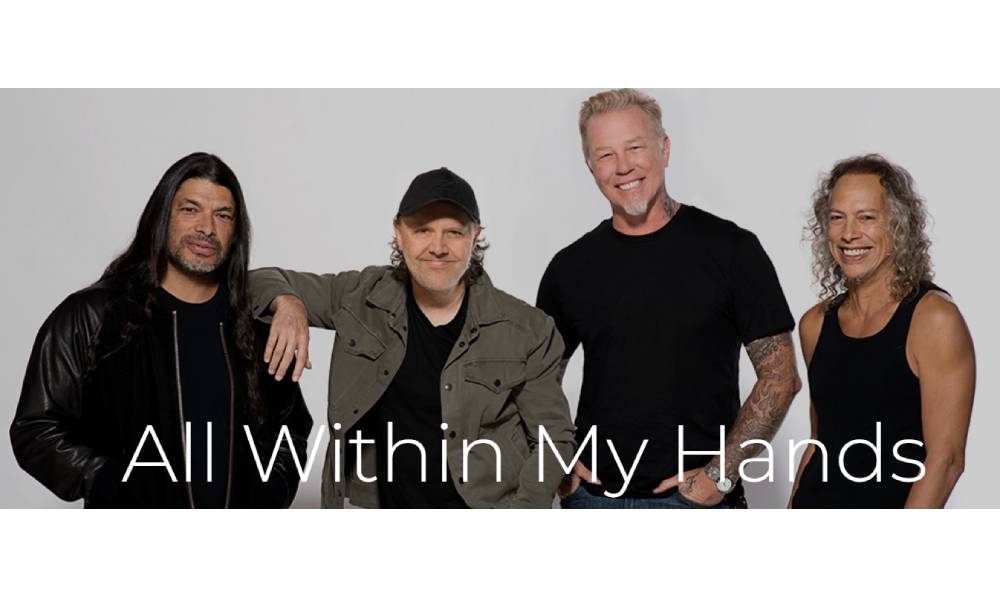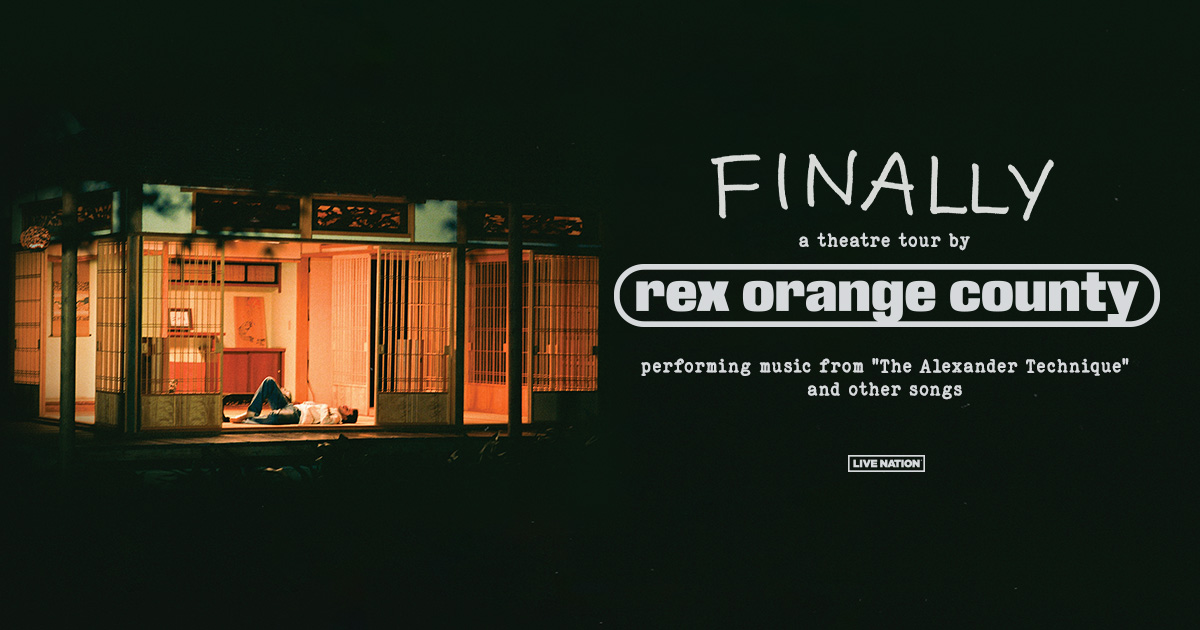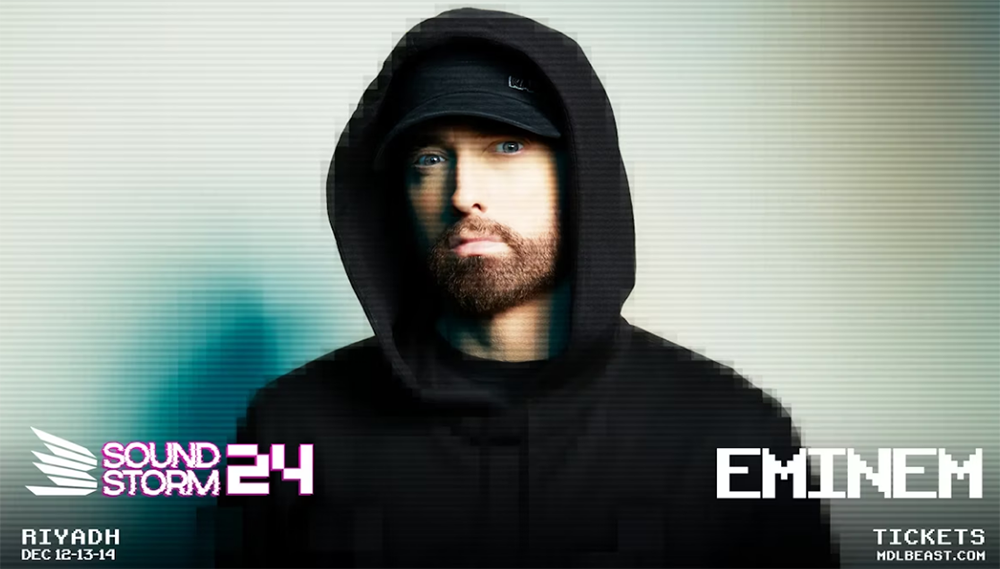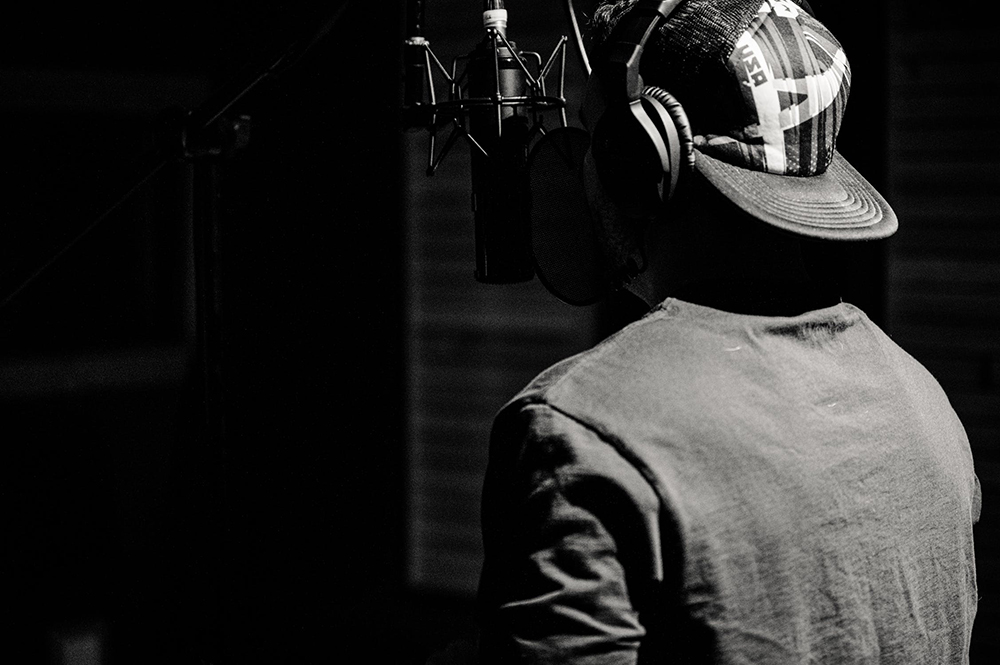
I got the entire text from Don Passman, but being an attorney and noting the caveat at the bottom, I was reluctant to forward it to all my
peeps. So I contacted the author, Richard Greenfield, who said I could quote excerpts and that I should refer my readers to http://
paliresearch.com/, where they could register for free and read his entire report (assuming they've got a corporate e-mail account).
And what does Mr. Greenfield's research say?
"No matter how many people the RIAA sues, no matter how many times music executives' point to the growth of digital music, we believe an
increasing majority of worldwide consumers simply view recorded music as 'free'. A new model for music consumption must emerge and that
model most likely involves DRM-free downloadable music at no cost to consumers, fully-supported by advertising (within some form of social
networking environment that enables consumers to discover/explore music). The music industry is not ready to endorse such a move at this
point and even if it was, the economic model transition will be incredibly painful."

We can debate the future of recorded music, but the point I want to make is that Mr. Greenfield is a Wall Street analyst, whose job it is is
to inform investors as to where to place their money. And what he is saying re Warner Music is GET OUT!
It's not 2000 anymore. When the innocent songwriters were being held up as the victims as the major labels fought Napster. It's no longer
an issue of protecting rights, it's a matter of LICENSING EVERYBODY WHO WANTS TO SELL MUSIC! It's not about no, but YES! You've got a new
business model, I'M WITH YOU! Because by holding on to my ways, I'M PUTTING MYSELF OUT OF BUSINESS!
You can read Greenfield's complete report for comprehensive details, but let's note from his missive that U.S. recorded music sales were
$14.3 billion in 2000 and are projected to be $10.3 billion this year. That's close to a thirty percent drop. What happened, did people
suddenly stop caring about music? Are radio stations saber- rattling, saying they've got nothing to play? NO WAY! There's more music in the
hands of more people than ever before in history. The only difference is, the major labels are not collecting money for most of its
acquisition.
And how are the acts dealing with this? BY LEAVING! BY GOING INDEPENDENT!
BY GOING ON THE ROAD!
 "Artists make the vast majority of their money on touring and merchandise, not CDs. In turn, it is increasingly logical to
"Artists make the vast majority of their money on touring and merchandise, not CDs. In turn, it is increasingly logical to
believe that artists want to have their music reach the widest possible audience at the lowest possible price…meaning FREE. Yet that puts
the music labels in a very difficult position as their recorded music divisions make virtually all their money off of the sale of music.
Music labels need to get significantly smaller as the industry shrinks and they need to shift their business into new areas such as artist
representation, touring, merchandising, etc. However, this is not easy to do and requires the music companies to make significant
acquisitions – essentially spending their current free cash flow to buy into a more sustainable revenue stream than their current business."
It's the first two sentences that are truly key. You can't make any money on the road, whether it be in tickets or attendant merch, IF NO
ONE KNOWS YOUR MUSIC! You've got to get it out there. Playing by the old rules, NO ONE HEARS IT! You're signed to the major label which is
working MTV, which airs almost no videos, and terrestrial radio, which plays almost nothing and fewer and fewer people are listening to. If
you can crack the market, you still may not be able to make any real money on the road – i.e. Rihanna playing clubs. You've got to penetrate
the marketplace. The way you hook fans is not by your look, but by LETTING THEM HEAR YOUR MUSIC! You've GOT to let them hear your music.
You've got to stream it on your site, have a MySpace page…if you're intelligent, give away MP3s so those who are hooked can get others
addicted. You've got to empower your audience, you can't hold back, you've got to give and give and give… And then collect your money
further down the food chain, when you've established a fanbase. Which you must treat with respect and continue to nurture.
This is REALITY! THIS is not the business the major labels are in. And that's why their fortunes are declining.
The major labels will not rule the music landscape in the future. No way.
They're just too stupid. Holding on so tightly to what they had, and wanting acts to give them ever more. It's not about the disc business,
or the t-shirt business, but the FAN BUSINESS! And the majors have disrespected fans FOREVER! Until the majors realize THEY made music
free, they've got no hope.
Yes, the majors made music free. By suing and insisting an album cost ten bucks plus. In a land where there's easy access for next to
nothing. The key is to monetize the theft, monetize the way people acquire music. But it might be too late. Mr. Greenfield might be right,
music might now be free for the foreseeable future. You might have to sell it with advertising.
 Oh, what a long strange trip it's been. And who do we have to blame?
Oh, what a long strange trip it's been. And who do we have to blame?
Industry strongmen Doug Morris and Zach Horowitz. Who not only refused to embrace Napster, but sued Bertelsman and everybody else involved.
Winning the battle, but losing the war. Making some money now, but destroying the future. But they didn't care. Because they won't be
around forever. And they report to a French water company so out of it, these music execs convinced the company it's a bad time to sell,
business is going to go UP!
But Warner is a public company. Beholden to shareholders. And the Street has lost confidence.
The RIAA can bitch. Songwriters in Nashville can ask how they're going to get paid. No one's paying attention anymore. They had EIGHT
YEARS to make a move, to fix things, and they didn't accomplish a damn thing. Mainstream media is now with the public. The record companies
screwed up. Music is free. Accept it and deal with it.





















